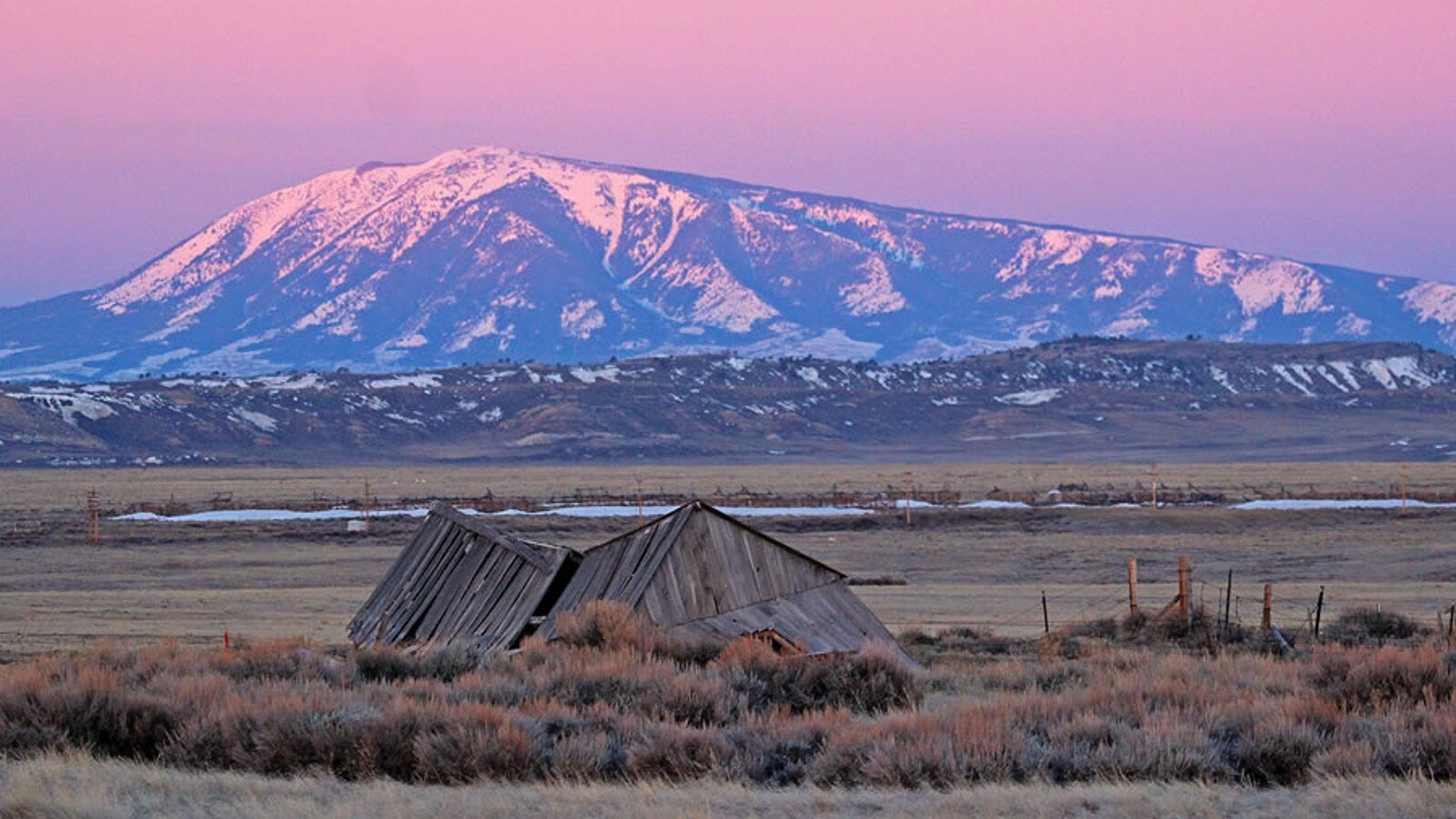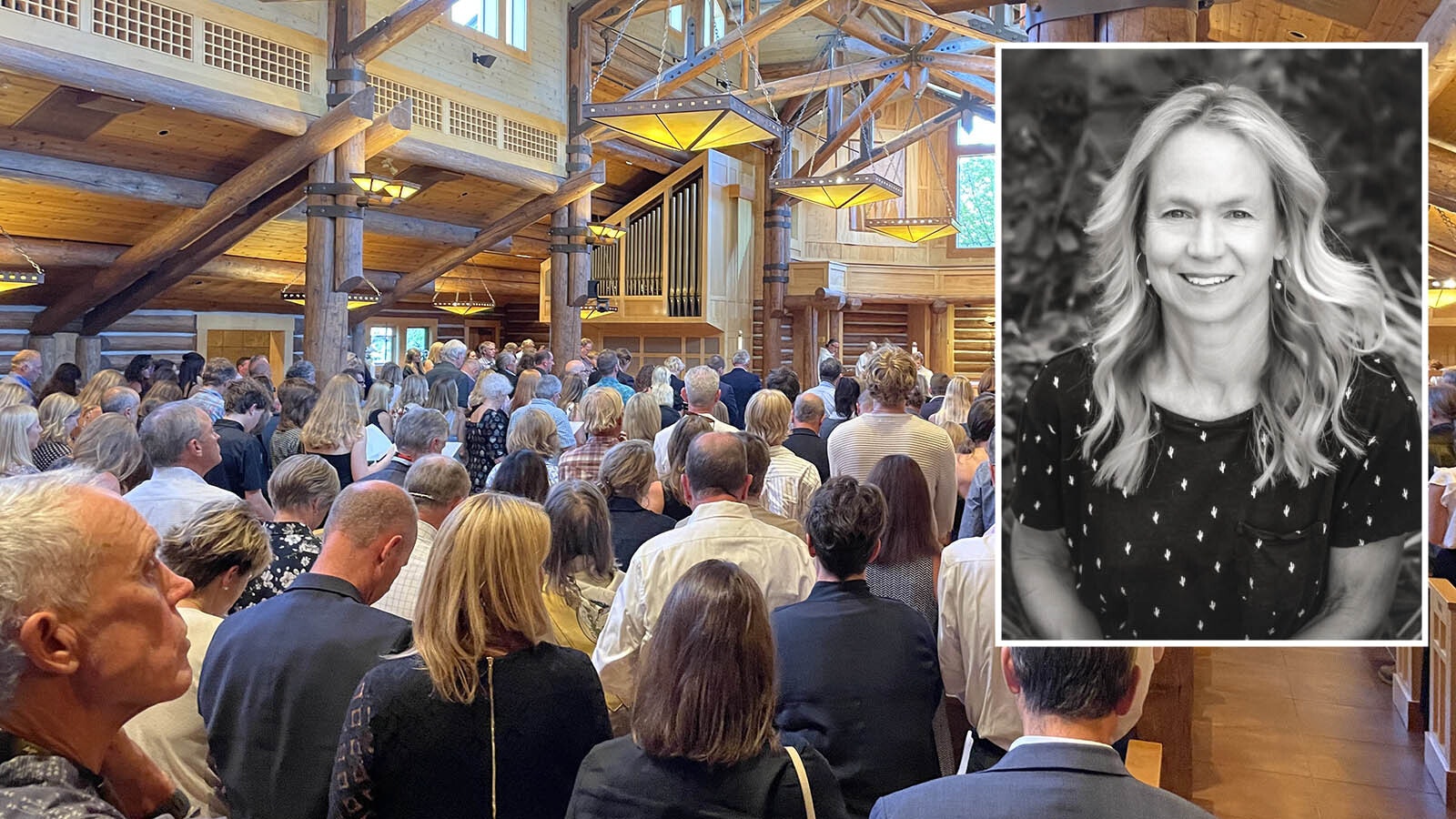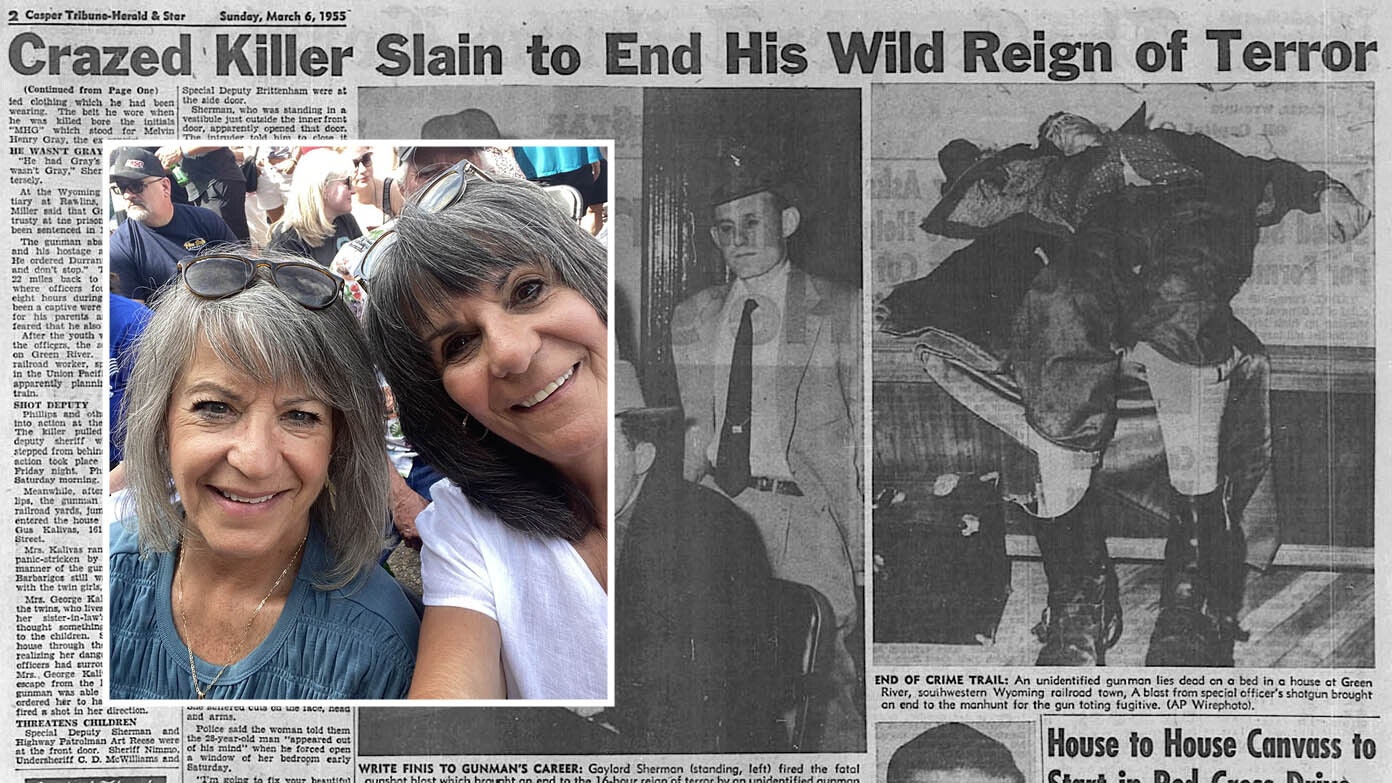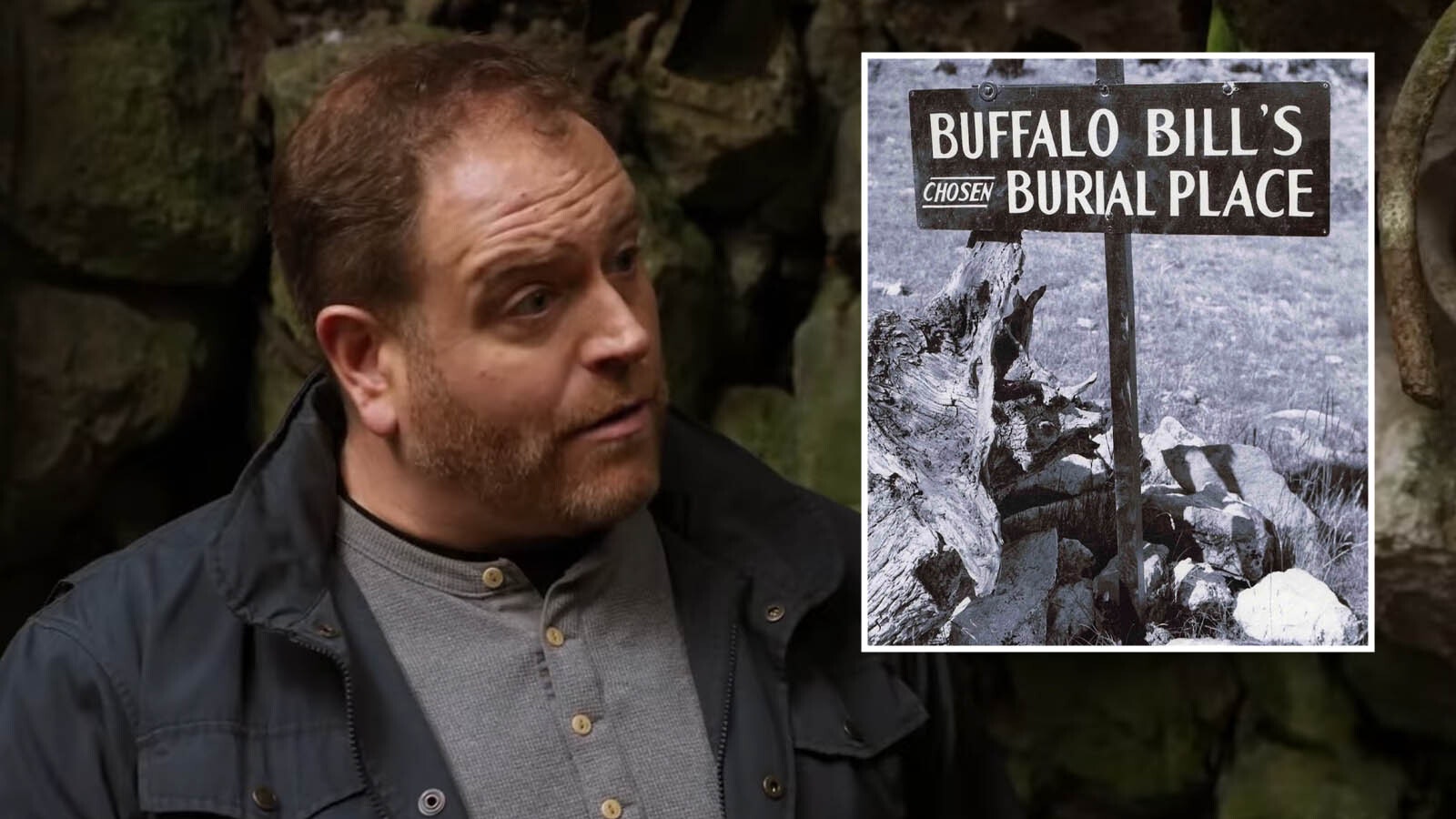New trespass charges filed against a group of Missouri hunters have been dismissed, less than one week after a jury found them innocent of similar charges in a separate case.
Katye Ames, attorney for hunter Bradley Cape, told Cowboy State Daily on Friday that the second set of trespass charges against Cape, Zachary Smith and Philip Yeomans were dismissed Wednesday, a little more than a week after they were filed.
Ames did not immediately respond to a follow-up request for comment on Friday.
The three hunters were charged April 25 with trespass on allegations they improperly crossed over Elk Mountain Ranch property in 2020 while moving from one parcel of public land to another.
The three, along with John Sloensky, were found innocent by a six-member jury on April 29 of trespass charges in a separate case involving Iron Bar Ranch property that occurred in 2021.
Both cases involved allegations that while moving from one parcel of public land to another, the hunters trespassed on the private land of the ranches, which are both owned by businessman Fred Eschelman.
With all of the criminal charges against the men cleared, this now just leaves them to face a lawsuit filed by Iron Bar seeking damages or the alleged trespass that occurred in 2021. That case is pending in U.S. District Court.
Ames told Cowboy State Daily in an earlier interview she does not expect that case to proceed nearly as quickly as the criminal cases.
“Those can take forever,” she said. “I’m hopeful that in the next year, maybe two, that it will be resolved. But it’ll be a year, at least.”
The federal case could ultimately be precedent-setting, Ames said, and could do away with criminal prosecution of similar trespass cases.
“I think the federal case will determine property rights,” she said. “If the court determines that private landowners can’t prevent people from crossing that corner, I don’t know how you can then turn around and prosecute.”
All three of the actions stem from a practice of “corner crossing” — moving from one parcel of public land to another by stepping over the boundaries that separate the public land from private land.
Wyoming’s “checkerboard” land pattern leads to public and private lands being intermingled. Often, these parcels share corners, with public lands resting diagonally from each other. Access to one public parcel to another is often achieved by stepping over the coroner shared by public and private lands.
Ames compared the land pattern to different color tiles on a floor, noting how simple the situation is and how small the area where a hunter can cross is.
“When you cross from a public square to another public square, your body is bigger than that tiny little point,” she said. “You have to cross through the airspace of the shared corner. I think when people realize this, they’ll realize how ridiculous this situation is.”





